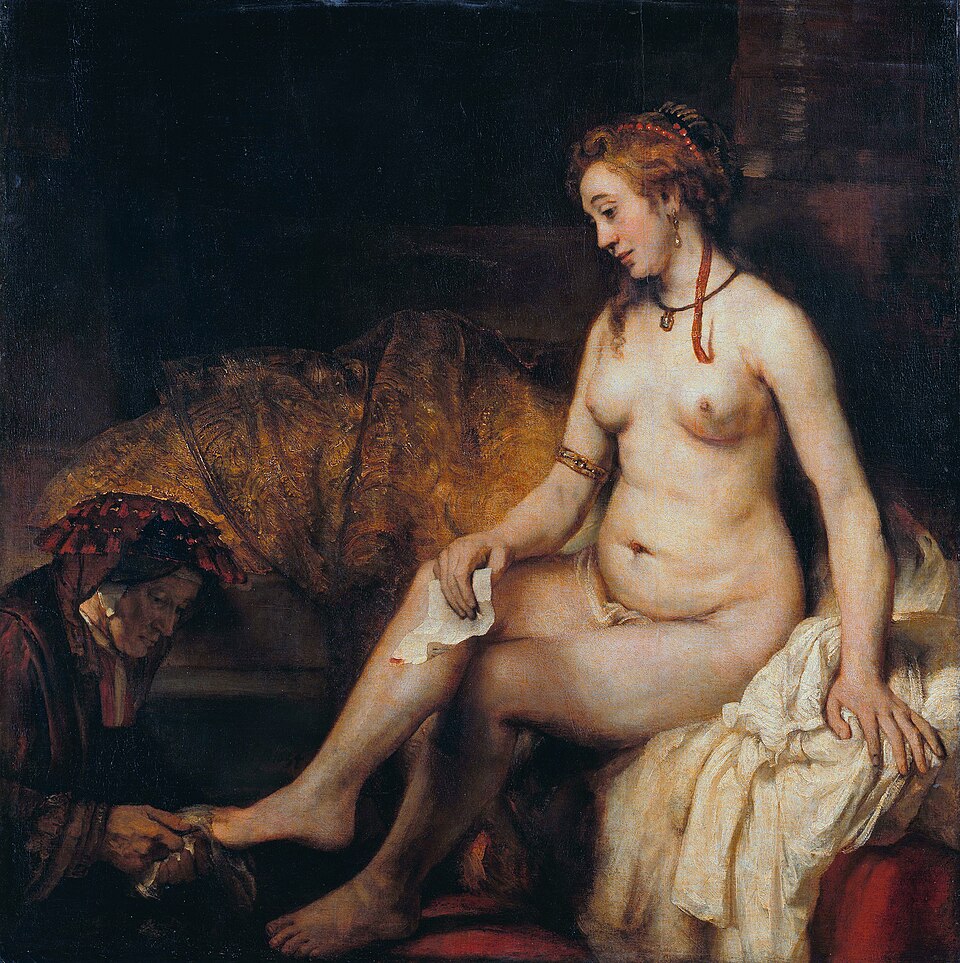
"My last post and Rayne's excellent post A Lapsed Catholic's Sunday Bible Study raise a question: how does a person claim to be both a Christian and a Trumpist? These two things seem utterly incompatible. In this post I look at this question using a formulation from Lecture 3 of Christine Korsgaard's book The Sources Of Normativity, augmented by Simone de Beauvoir's book The Ethics Of Ambiguity."
"Korsgaard begins with a description of the individual. She says we adult humans are reflective creatures. We are able to examine our behavior and evaluate it against standards we choose. This is the same ability we use to decide on plans of action. She says that when we are deciding how to act we require reasons. For example, when we experience hunger mid-afternoon, we have to decide whether to grab a snack or not. We give ourselves reasons for each and decide."
"For example, I was a lawyer. I operated under norms set by the ethical requirements of Tennessee. I practiced in the Bankruptcy Courts of Nashville and was bound by an unwritten set of norms established and enforced by my colleagues and the courts. Those norms were reasons to act in particular ways, even when other actions would be easier or more rewarding."
A person can hold multiple overlapping identities, each supplying norms and reasons for action. Reflective capacity enables examination of behavior against chosen standards and the formation of plans. Identity-specific norms generate obligations that can justify actions in tension with other moral standards. Professional and communal norms can function as decisive reasons for conduct even when alternative actions would be easier or more rewarding. Prioritizing the norms of one identity over another can produce coherent behavior that appears morally inconsistent from a different identity's perspective, explaining apparently incompatible allegiances.
Read at emptywheel
Unable to calculate read time
Collection
[
|
...
]